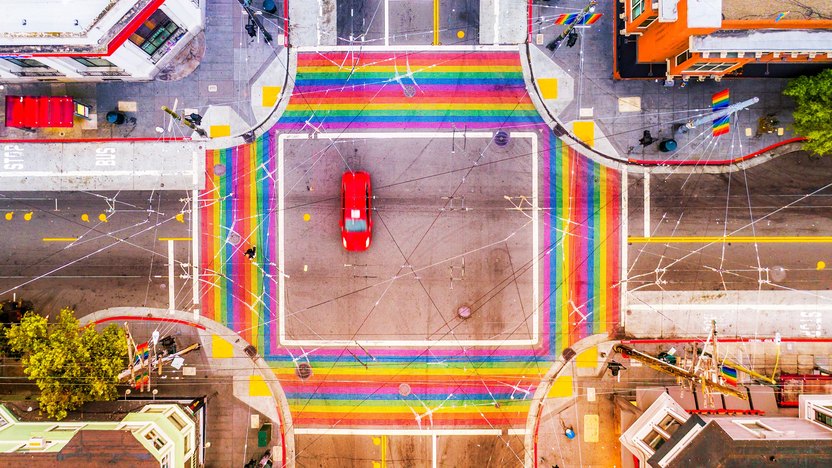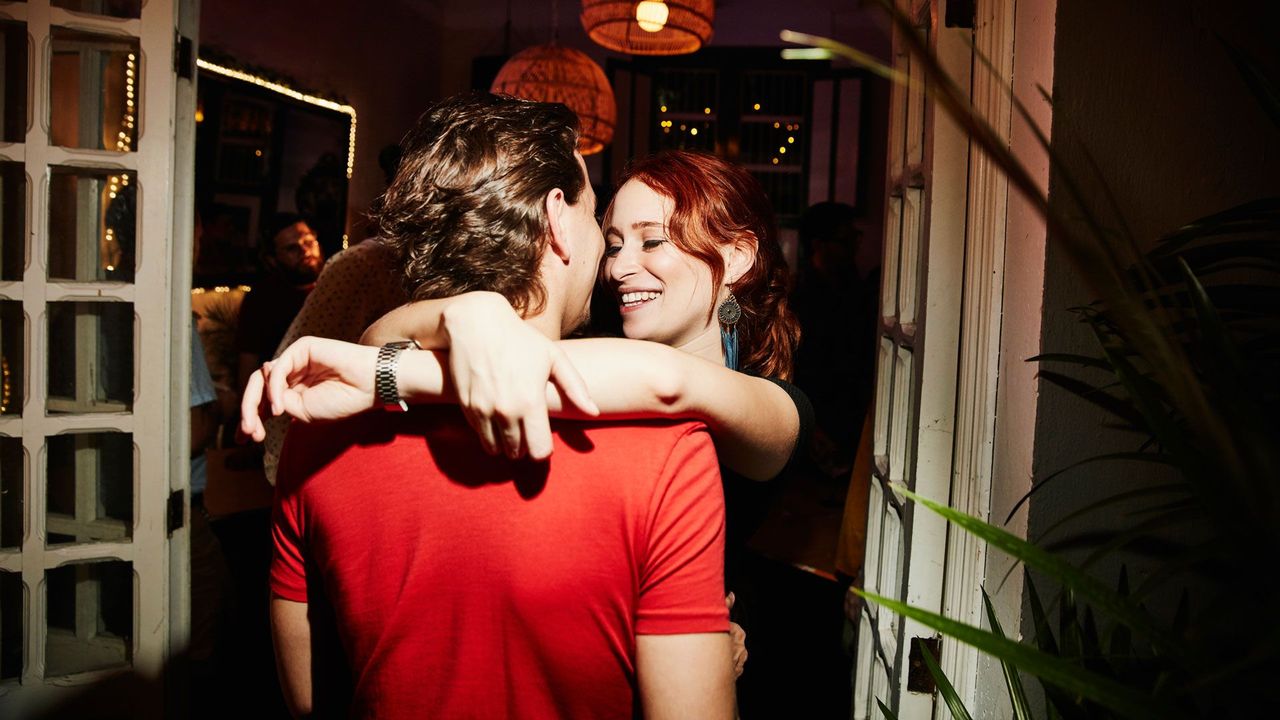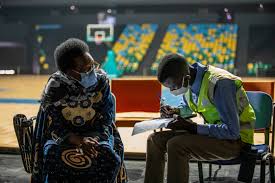Hello, city enthusiasts! It’s Gio here, filling in for Aitor this week. In today’s Living Cities, we explore how local communities are rallying to protect cherished lesbian and LGBTQ+ spaces, and we also take a look at a unique institute’s drive to make art more sustainable.
Queer Spaces Under Threat
The COVID-19 pandemic dealt a heavy blow to LGBTQ+ spaces, with many bars and clubs—particularly those for queer women, transgender, and nonbinary people—struggling to survive. The pandemic accelerated a decline already underway for decades, threatening not only places to socialize but also crucial community hubs. However, some locals have stepped up to save these spaces.
In Brussels, when the owners of Crazy Circle, the city’s only lesbian bar, decided to step down, a group of locals rallied to preserve it, raising €50,000 through crowdfunding. Now under new management, the bar reopened in April 2024, creating a vibrant atmosphere similar to a mini Pride parade.
In Paris, La Mutinerie, a long-standing queer, feminist bar, faced closure due to financial strain but received an outpouring of support from patrons. Although sales have doubled, the bar is still seeking a permanent solution.
Why These Spaces Matter
Bars like Crazy Circle and La Mutinerie are more than nightlife spots. They serve as venues for community events, from comedy nights and karaoke to health workshops, fostering connection among people who share experiences and culture. Amid rising anti-LGBTQ+ rhetoric, these spaces provide a safe environment where people can find support, get involved in activism, and access resources.
Building Safe Spaces
The managers of Crazy Circle emphasize the importance of a welcoming atmosphere. “We want people to feel safe,” said Lou, one of the bar’s managers, explaining their commitment to creating an inclusive space for LGBTQ+ individuals, particularly those who may not be publicly out.
Other Highlights
City Leaders Unite: Over 90 European city leaders recently met with EU lawmakers to propose a new partnership focusing on urban and citizen priorities.
The Jan van Eyck Academie’s Green Arts Mission: This cultural institution in Maastricht is pioneering sustainable art practices, with projects like the Future Materials Bank—a collaborative database of eco-friendly materials for artists.
Finally, our trivia challenge this week dives into a centuries-old rivalry over a famous author’s skeleton. Guess the writer and cities involved for a chance to be featured in the next newsletter!

























0 Comments